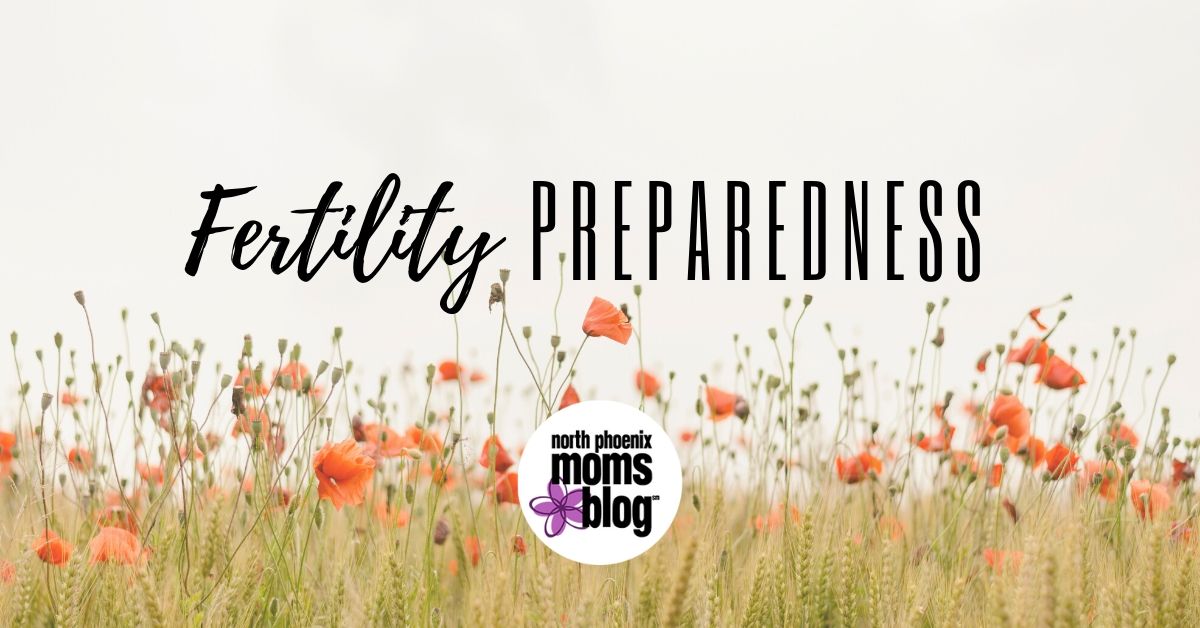Puberty is an awkward phase for most, what with the bleeding, the acne, the self-doubt, the fear. But with attention to a few simple guidelines and tips up your sleeve, you can help your daughters whether the storm a little easier and grow to be a strong and healthy young woman.
A cruel twist of nature is that exactly when many girls are going through puberty, their mothers are embarking on perimenopause and struggling with their own hormonal changes…thanks nature!
The average age to start menses in the US is 12.5 years. This is an average such that a couple years on either side of this is considered normal. The timing is often dictated by a combination of personal biology, genetics, and environmental factors like nutrition. The onset of menses does not imply ovulation in all cases as this can lag several months behind and take years to establish a regular monthly pattern. This can explain the irregular and sometimes heavy and painful menses that girls may experience as teens. Patience and some ibuprofen is usually enough to get through this phase, but if bleeding or pain is interfering with sleep, school, or activities, consultation with a medical provider is advised. Typical symptoms of PMS, breast pain, acne, moodiness, sugar cravings, cramping, can occur with or without menses especially as the cycle is getting established. If menses has not occurred by 16-17, consult a health professional.
So what can you do to support your daughter as she navigates the hormonal storm that is puberty? Luckily, it’s not rocket science…the same basic tenets that improve health during other times of life are beneficial here.
- Sleep: This can be especially challenging for teens, but helping your daughter get lights out and consistent sleep without the intrusion of devices can set a good foundation. Black-out shades, keeping devices in another room, limiting caffeine intake in the afternoon can go a long way to making this happen. For those who are sluggish in the am or seem to have seasonal mood changes, a light box can help.
- Diet: Sticking to a whole foods diet with regular meals that include healthy fats, protein, whole grain carbohydrates, and varied fruits and vegetables is the best option. Avoiding sugary drinks, including juices, and caffeine or energy drinks, especially in the second half of the cycle, is key to decreasing mood swings and acne. For more assistance, seek a consultation with a registered dietician like Rachel Masser who works with teens and families. If your daughter is vegetarian or vegan, she may need extra nutrients to balance her diet. A simple blood test or perhaps a good quality multivitamin like Smarty Pants may help to target deficiencies.
- Activity: Regular exercise and activity have been shown to have regulating effects of menstrual cycles, ovulation, and PMS. In addition,teen girls are building what will be their peak bone mass, and weight-bearing exercises provide this stimulus. Help your daughter find an activity shes likes if not already involved. Team sport and dance/fitness classes provide a great way to get social outside of school as well. This does not need to be organized. It can include hikes, walking the dog, and online yoga. If your daughter needs more help, consider a couple of sessions with a personal trainer that specializes in females like Fit Happy Girl.
- Vaginal health: The vagina is a “self-cleaning” oven, no need for special cleaning. Though hypoallergenic and natural soaps and showers gels are best for not causing irritation. If yeast or bacterial infections are common, oral probiotics and vaginal boric acid may be helpful.
- PMS and heavy and painful menses are common in adolescence. A general multivitamin for teens like Smarty Pants chewable can help provide the basics. Some teens, especially vegetarians and vegans would benefit from Calcium supplementation, and possibly B12 and iron, though the latter 2 can be easily tested via labs. Vitex or chaste tree berry is a botanical that can decrease heavy painful menses and PMS. Interestingly, acupuncture, healthful diet and exercise has also been shown in research to improve these issues too. Thyroid dysfunction can often start in the teens and exacerbate these symptoms in addition to weight problems, moodiness, and digestive complaints and should be assessed.
For those who have severe issues or that are not improved with lifestyle changes and supplements, other therapies and/or hormonal therapies may be safe and effective and provide contraception for those who need it. In addition, If your teen has questions about sexually transmitted infections or general sex ed, finding a female practitioner that specializes in women’s health may be the best course of action.
If you or your teen has questions, feel free to contact me today.













